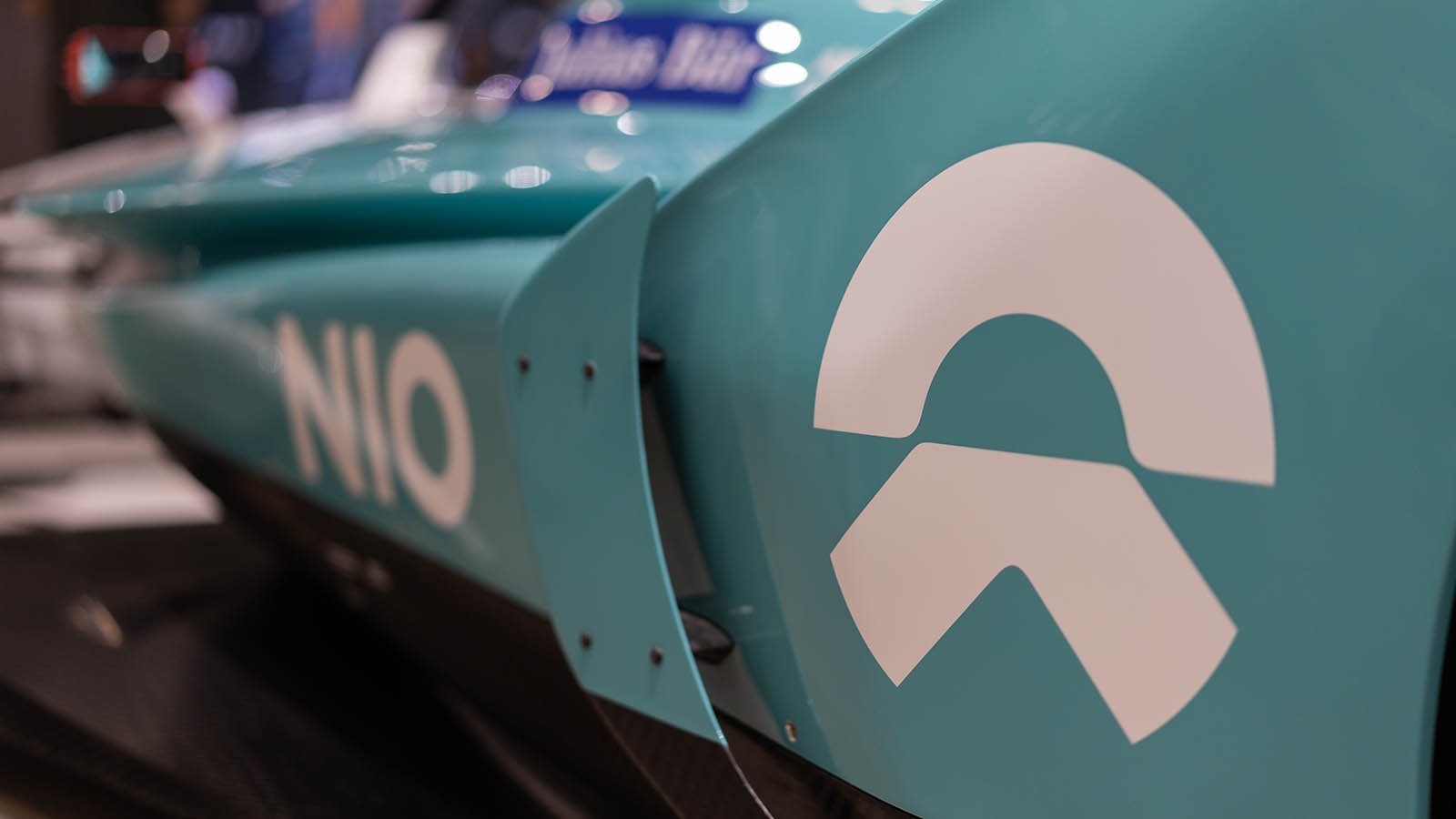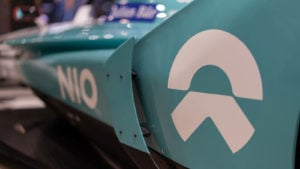Nio (NYSE:NIO) stock has traded sideways over the past month. Shares in the Chinese electric vehicle (EV) maker opened at $3.21 a share on August 2, and closed at $2.86 a share on August 30. Investor sentiment continues to be negative.
Shares continue to trade more than 50% below their IPO price. Tesla (NASDAQ:TSLA) is close to opening its Shanghai facility. With EV sales slowing and economies weakening, NIO stock remains a long-shot. The company could pulloff a turnaround. But additional declines in the share price are also possible. Let’s take a closer look, and see why it’s smart to avoid Nio stock.
Red Flags Abound
There are few catalysts for Nio stock. But there are plenty of red flags. As InvestorPlace contributor Mark Hake wrote last week, July deliveries were down 38% from June. Hake also highlighted the company’s continuing cash burn. Nio’s current cash position will not be revealed until the next earnings release, leaving investors in the dark about the company’s solvency.
Recent news does not paint a rosy picture. The company’s co-founder (Jack Cheng) resigned. The company also fired 1,200 employees in an effort to cut costs. The macro situation looks tough as well. As noted above, Tesla will soon start making cars in China. But there is other competition for the Chinese EV market. Scores of startups have entered the game. Intense competition will make it hard to scale up to profitability.
The U.S.-China trade war adds additional risk to Nio stock. Economic fallout from the trade war could further reduce Chinese demand. A soft car market is the last thing a struggling EV startup needs. With these factors in mind, it seems like Nio stock faces multiple risks. But does this mean it’s time to throw in the towel? Let’s take a look at valuation, and see whether shares trade at a discount (or a premium).
NIO Extremely Overvalued
Despite massive declines in the Nio stock price, shares remain overvalued. The company trades at an enterprise value/sales (EV/Sales) ratio of 3.91; Tesla is at EV/Sales of 2.1. Another Chinese-based, U.S.-listed EV maker is Kandi Technologies (NASDAQ:KNDI). KNDI stock currently trades at an EV/Sales ratio of 2.67.
But comparing NIO to these peers is apples-to-oranges. Tesla is a better capitalized company, with a strong global brand. While not as well known, Kandi has a more diversified product offering. Along with EVs, Kandi manufactures all-terrain vehicles, as well as auto parts for electric vehicles.
Meanwhile, NIO hemorrhages cash. The company’s trailing 12-month (TTM) operating losses are $1.6 billion. The company posts negative gross margins. With the sales collapse in July, these negative gross margins may have accelerated further.
It’s hard to justify the valuation implied by the Nio stock price, even at $2.60 a share. The company’s current market capitalization is ~$2.7 billion. But how much can the equity be worth as the company teeters on insolvency?
For Nio to survive, it needs additional capital infusions. As I mentioned in my July 5 article, Nio has been bailed out before. State-owned fund E-Town Capital pumped $1.45 billion in a joint venture to help the company expand. E-Town could provide additional capital. But this would dilute current shareholders. Another possibility is bankruptcy. E-Town or another state-owned fund could step in and buy the company’s operating assets. This would wipe out the value of Nio’s equity.
Bottom Line: Nio Stock Remains a Hard Pass
Shares have fallen more than 80% off their all-time high of $13.80 a share. Investors may want to take a bet on a long-shot. But, most likely, there will be additional declines in the Nio stock price. The company has negative gross margins. It hemorrhages cash, and lacks any sort of competitive edge. With high levels of debt and a shrinking cash position, bankruptcy risk remains high.
A turnaround is possible. But macro factors are not on the company’s side. Without subsides, Chinese EV makers need natural market demand to sell their cars. Add in any complications from the trade war, and selling big ticket items in China seems like a gamble.
Continue to avoid Nio stock. There are scores of better high-risk growth opportunities elsewhere.
As of this writing, Thomas Niel did not hold a position in any for the aforementioned securities.

